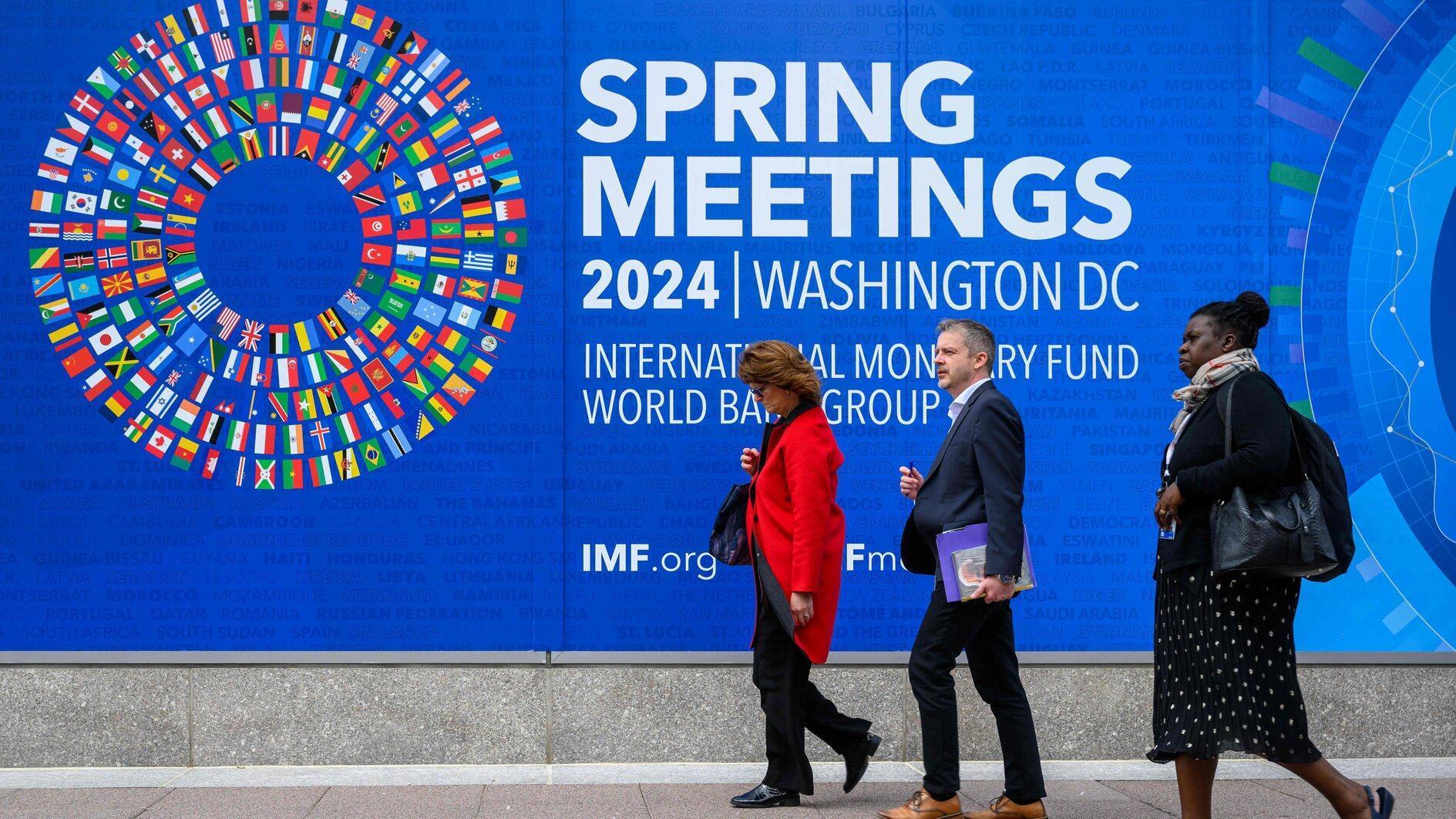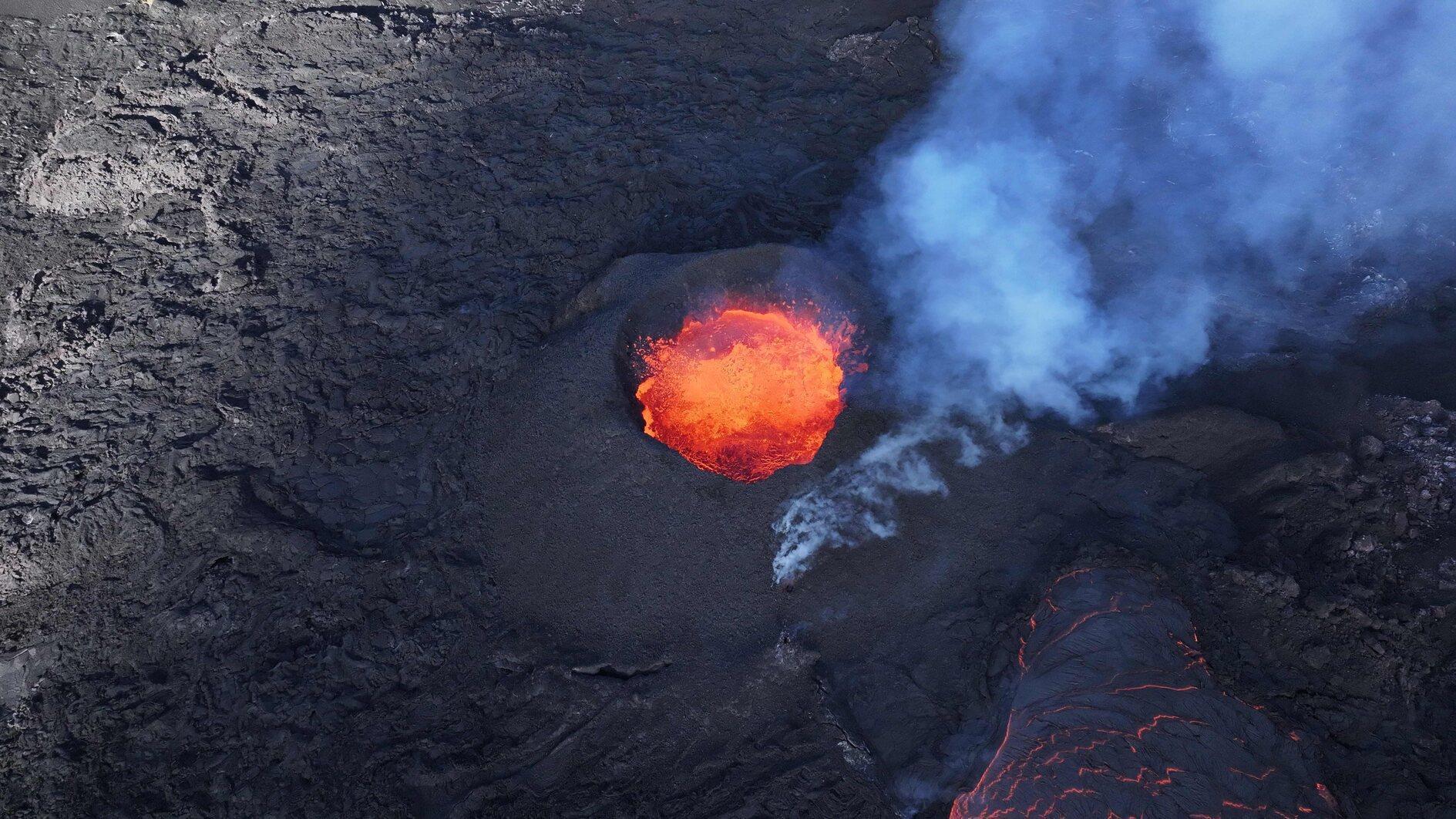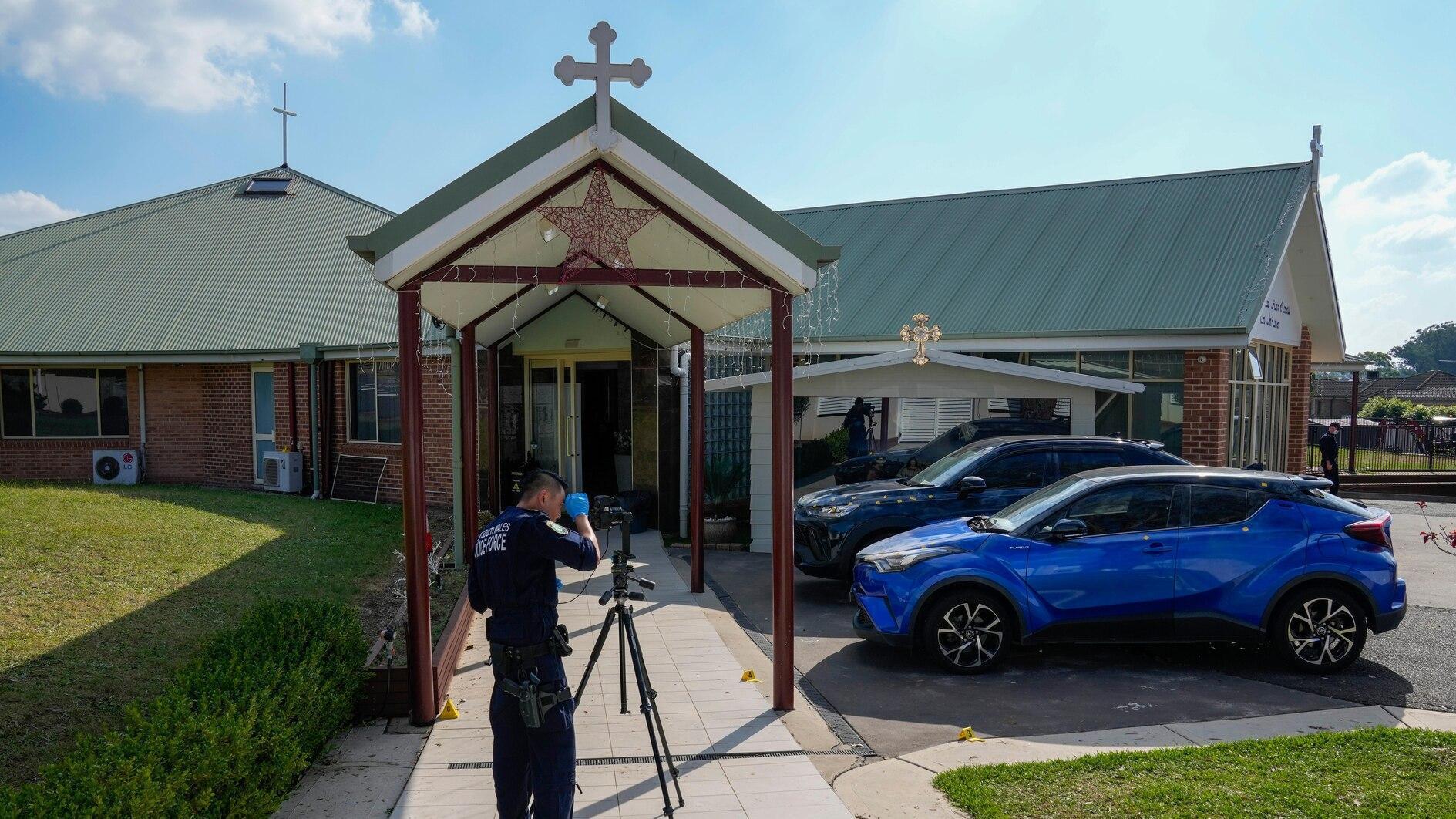5 years, 5 months, 5 weeks and 5 days in Turkey
Five years ago, in 2010, Turkey started to experience some issues with its “zero problems with neighbors” policy - specifically the flotilla problem when Israeli commandos killed nine Turkish citizens aboard the Gaza-bound humanitarian aid ship the Mavi Marmara. Turkish mediation between Israel and Syria had ended a year before, but at the time of the incident relations with Israel seemed to be Turkey’s only troublesome spot in the neighborhood.
Ankara had recently signed a protocol with Armenia for the normalization of relations and it had also ended its negligence of the Kurdistan Regional Government (KRG) in northern Iraq. Relations with the EU were not at their best, but they had still yet to be put in the freezer. U.S. President Barack Obama had paid his first overseas visit to Turkey, praising its secular democracy and free economy as a model to other Muslim-majority countries. Ankara also had excellent relations with Iraq and with Syria. Then-Prime Minister Tayyip Erdoğan even organized joint cabinet meetings and had family holidays with Syrian President Bashar al-Assad, who he used to call “my brother.”
There were still some weeks before the Arab Spring would break out in Tunisia, with no idea in the world’s capitals that it would soon spill over to Libya, Yemen, Bahrain, Egypt and finally Syria. Eventually it would not lead to better governance (with the exception of Tunisia), but rather civil wars, coups and devastation.
Ankara, still following the cautious example of its decision to stay out of the U.S. occupation of Iraq, was trying to stay out of the turmoil in the Middle East.
***
Five months ago, Turkey signed an agreement with the U.S. to open up its strategic İncirlik air base for air strikes against the Islamic State of Iraq and the Levant (ISIL), which had emerged during the Syrian civil war around 2013. ISIL, which controls one-third of both Syria and Iraq, had stormed the Turkish consulate in Mosul in 2014 and captured 49 of its personnel, including Turkey’s consul general, who would later become an MP for the opposition Republican People’s Party (CHP).
Turkey, which began to provide training for Iraqi groups against ISIL’s occupation in Mosul, still had an open embassy in Iraq, despite deteriorating relations. But it had no embassy left open in Israel, Egypt, Syria or Libya.
ISIL had just carried out a suicide bomb attack in Suruç near the Syria border, killing 34 people, in July. It then attacked a rally in Ankara in October, killing 103 people in the worst terrorist attack in Turkey’s history.
Meanwhile, the outlawed Kurdistan Workers’ Party (PKK) had adopted a new strategy of establishing self-declared autonomous zones in the southeast, taking the example of Kobane in Syria (which had been retaken from ISIL with the help of U.S. air strikes). The security situation in Turkey’s predominantly Kurdish east and southeast near the Syria, Iraq and Iran borders had started to become increasingly fragile.
With the opening of the İncirlik base, Turkey started to carry out strikes on ISIL targets in Syria, hoping that the U.S. would give the green light for the establishment of a “safe zone,” or “ISIL-free zone,” 98 kilometers long (along the border with Syria) and 40 kilometers deep into Syrian territory. Such a zone would serve as a gate into Syria for fighters against both ISIL and al-Assad, and also for refugees who would like to return home.
But as a result of a recent shift in policy, Turkey would soon become one of four core countries to talk on the future of Syria, along with the U.S., Russia and Saudi Arabia, in Vienna.
***
Five weeks ago, before the Nov. 24 downing of a Russian warplane would trigger a major crisis between Ankara and Moscow, Turkey was still able to carry out air strikes in Syrian air space against ISIL targets, together with the U.S. That was despite the fact the Russian air force and navy was deployed to Syria in support of the al-Assad regime, which was backed by Iranian Revolutionary Guard units and pro-Iranian Hezbollah militia on the ground.
Russian President Vladimir Putin had not yet centered his crosshairs on President Erdoğan or canceled a pre-planned meeting with him.
The Baghdad government had not yet asked Turkey to withdraw all its troops from the country, in reaction to news that Turkey had sent additional troops to a training camp near Mosul.
Neither the U.S. nor Russia had yet asked Turkey to close the remaining 98 kilometers of its border with Syria to end any doubt about ISIL infiltration.
***
Nowadays, the only remaining hope for a bit of good news is likely to come from Brussels. Prime Minister Ahmet Davutoğlu has traveled there to attend an EU summit with the hope of revitalizing relations, responding to demands to contain the influx of Syrian refugees into the EU.
Just maybe there will be some good news in the next five days.











